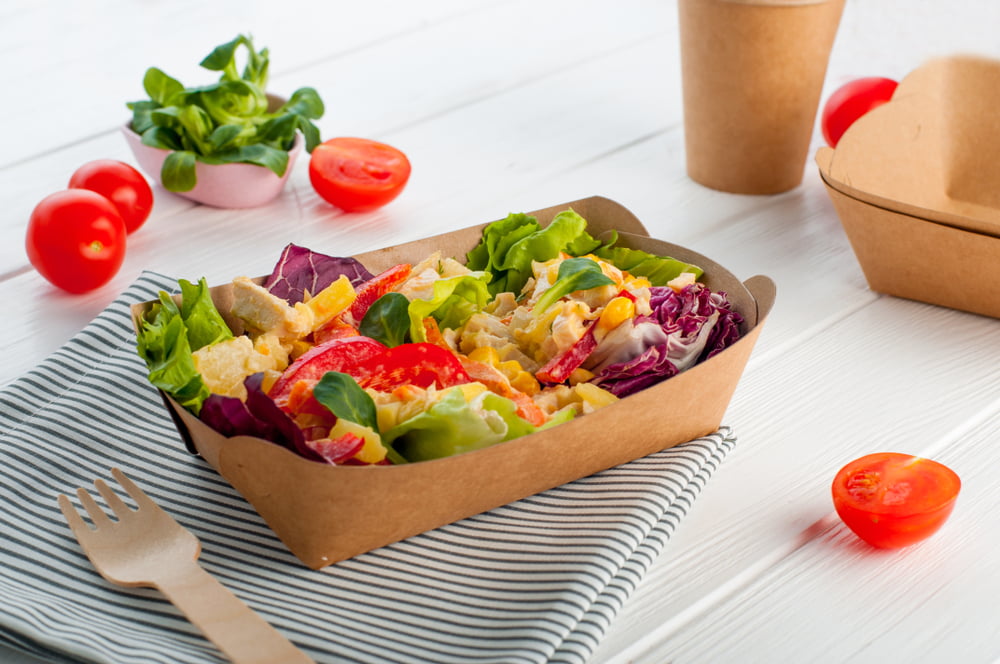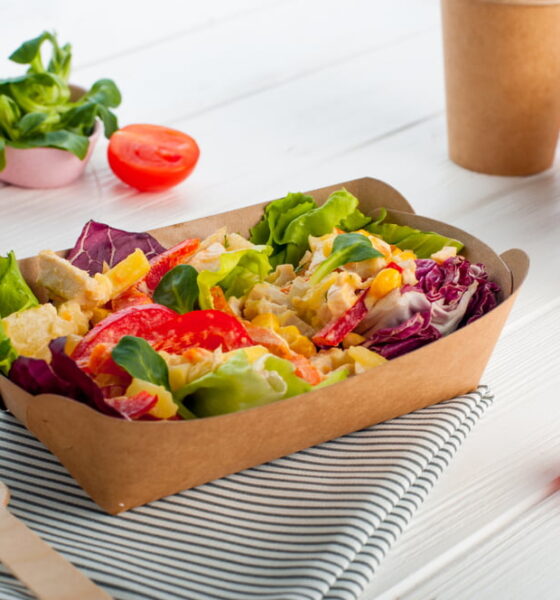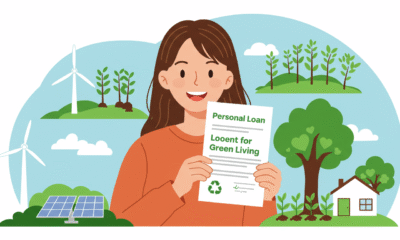

Environment
5 Great Tips to Eat Sustainably & Lower Your Environmental Impact
Your diet has a much bigger impact on the environment than you might think. You can make a huge difference in lowering your carbon footprint by changing what you eat. One study found that the highest carbon footprint diet in India has 4.5 times of the carbon footprint of the recommended diet.
Each time someone starts to diet, their main focus is to lose weight regardless of what might be happening around them in terms of harming the planet or environment. Have you ever considered how and what you eat affects the environment?
That is why you are supposed to eat sustainably so that you can still have a nutrient-dense meal while at the same time protecting the environment. In fact, as we pointed out in the past, eco-friendly diets tend to be better for our health.
Someone might ask, what is a sustainable diet? Well, sustainable eating is a form of diet where the food is produced in a manner that has a low imupact on the ecosystem, natural resources, and biodiversity and also protects the environment.
5 Tips to Eat Sustainably
A lot goes into producing food, and you want to ensure you also help make it sustainable. Here are ideas on how to eat more sustainably today.
Eat less meat and more plants.
For the longest time, animal agriculture has been seen to be detrimental to the ecosystem. This is because the animals need a place to graze, thus taking up more space for agriculture and might cause deforestation. That is why you may consider plant foods rather than red meat, even if they are your favorite animal products.
Some might think plants are not nutritious foods, but you can also get the essential nutrients without a problem. You just have to make sure that you always go for organic foods rather than GMO foods. You can still get nutritionally adequate with plant foods other than meat consumption with proper diet guidance.
Eat less ultra-processed foods.
As much as global greenhouse gas emissions are caused mainly by keeping animals, we still love these food types. The same applies to ultra-processed foods, which would generally be cheap and readily available but are not sustainable. They also do not have the best nutrition. Some examples of such foods include refined grains, sugar-sweetened beverages, and chips.
We recommend you opt for whole grains, seasonal produce, and minimally processed food.
Be pickier about seafood.
Healthcanal recommends eating seasonal foods rather than seafood all the time to promote sustainable dieting. Luckily, several laws around fishery help in making sure sustainable fishing of seafood. So, if you can minimize how much seafood you eat, then it becomes sustainable.
Buy food locally
Food produced locally is something we also advocate for if you want to have more sustainable diets. This is because local food production decreases greenhouse gas emissions because the food is not transported from far.
Also, you would boost the incomes of local producers and farmers. That is how the local economy will grow thanks to using locally grown foods.
Buying locally and what is in season is also recommended. Seasonal produce would be available within a short distance. So, they will not need to be transported from far, which impacts the environment. The same cannot be said for the out-of-season produce.
Reduce food waste
It is estimated that ⅓ of the food produced goes to waste. This shows how there will always be an environmental impact and more carbon footprint if we do not adopt a sustainable food system. This is why you need to shift towards an eco-friendly diet.
You are often advised to use paper towels, paper plates, and reusable bags to keep the environmental impact low. Using plastic wrap is not always advisable to keep the plastic out of the environment.
You can take good care of your health and the environment by having a weekly meal plan. With a plan, you can buy what you need and avoid what might not be necessary. The aim is to minimize the amount of food wasted in the end.
Other potential ways would be converting the leftovers from previous foods into flavorful dishes. You do not always have to consider throwing away the food. You could still freeze the leftover foods before it goes to waste and you have to throw them.
In bulk, buying non-perishable foods such as cereals can also help minimize food waste. This is because it will reduce the need for excessive packaging. Also, you could opt for reusable bags that are still washable to use next time.
The Bottom Line
Food supply is essential for our existence, but that does not mean we produce it unsustainably. We always advise you to eat more plant-based foods rather than processed meats. Also, how you store or dispose of the food is essential. Plastic bags might not be the best. If you have to use them, make sure they are reusable. So, go ahead and adopt more sustainable eating habits to minimize the negative impact we make on the environment.


 Environment12 months ago
Environment12 months agoAre Polymer Banknotes: an Eco-Friendly Trend or a Groundswell?

 Features11 months ago
Features11 months agoEco-Friendly Cryptocurrencies: Sustainable Investment Choices

 Features12 months ago
Features12 months agoEco-Friendly Crypto Traders Must Find the Right Exchange

 Energy11 months ago
Energy11 months agoThe Growing Role of Solar Panels in Ireland’s Energy Future




























